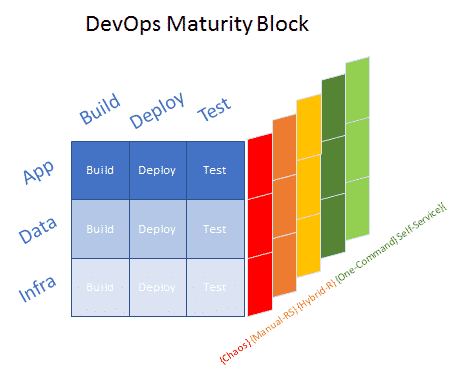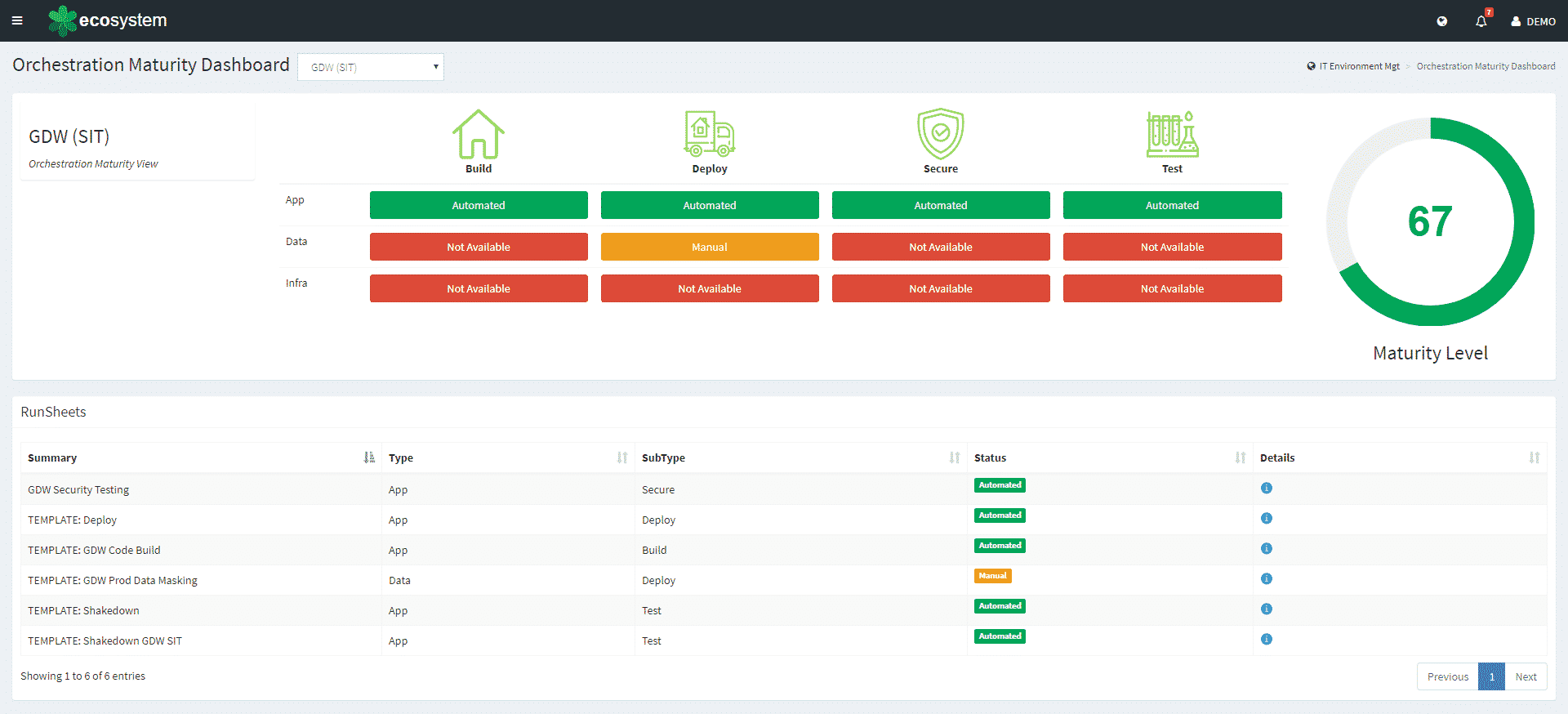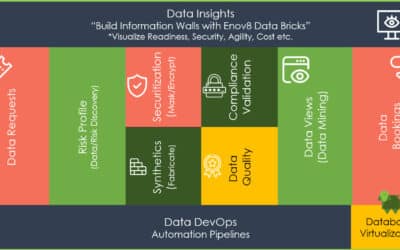100% Agile within a Year – The DevOps Cube
- [Bank] to be “100 per cent Agile” within a year, says senior coach
- Companies are federated
- Measuring agile is difficult.

- IT Environment Tiers i.e. infrastructure, applications & data
- IT Environment Operations e.g. build, deploy, test (& maybe secure).

Relevant Articles
8 DevOps Anti-Patterns to Avoid
It’s the normal case with software buzzwords that people focus so much on what something is that they forget what it is not. DevOps is no exception. To truly embrace DevOps and cherish what it is, it’s important to comprehend what it isn’t. A plethora...
An Introduction to Application Rationalization
In today's fast-paced digital landscape, organizations often find themselves grappling with a sprawling array of applications. While these applications are crucial for various business operations, the lack of a structured approach to managing them can lead to...
What Makes a Great Test Data Management Tool
What Makes a Great Test Data Management Tool? In today's fast-paced IT landscape, having a robust Test Data Management (TDM) tool is crucial for ensuring quality, compliance, and efficiency in software development and testing. At Enov8, we pride ourselves on providing...
The Top Application Portfolio Management Tools
Managing an application portfolio is essential for organizations aiming to optimize their IT operations, reduce costs, and enhance overall efficiency. Application Portfolio Management (APM) tools are designed to help organizations achieve these goals by providing a...
What Is a Test Data Manager?
Testing is a critical aspect of software development, and it requires the use of appropriate test data to ensure that the software performs optimally. Test data management (TDM) is the process of creating, storing, and managing test data to ensure its quality,...
Sprint Scheduling: A Guide to Your Agile Calendar
Agile sprints can be a powerful, productive and collaborative event if managed properly. However, when neglected or set up incorrectly they risk becoming chaotic and inefficient. Crafting an effective schedule for your sprint is essential to ensure the success of your...





